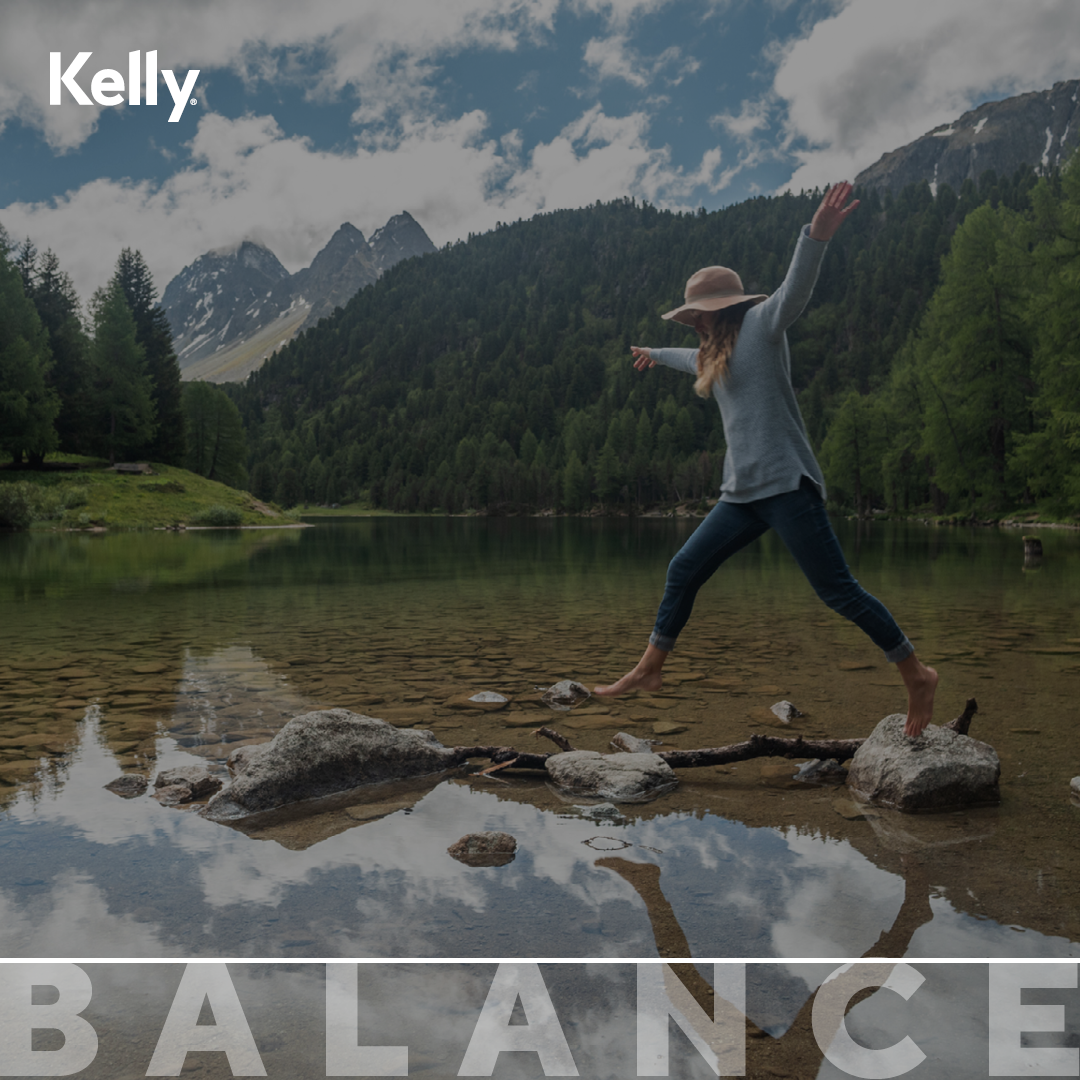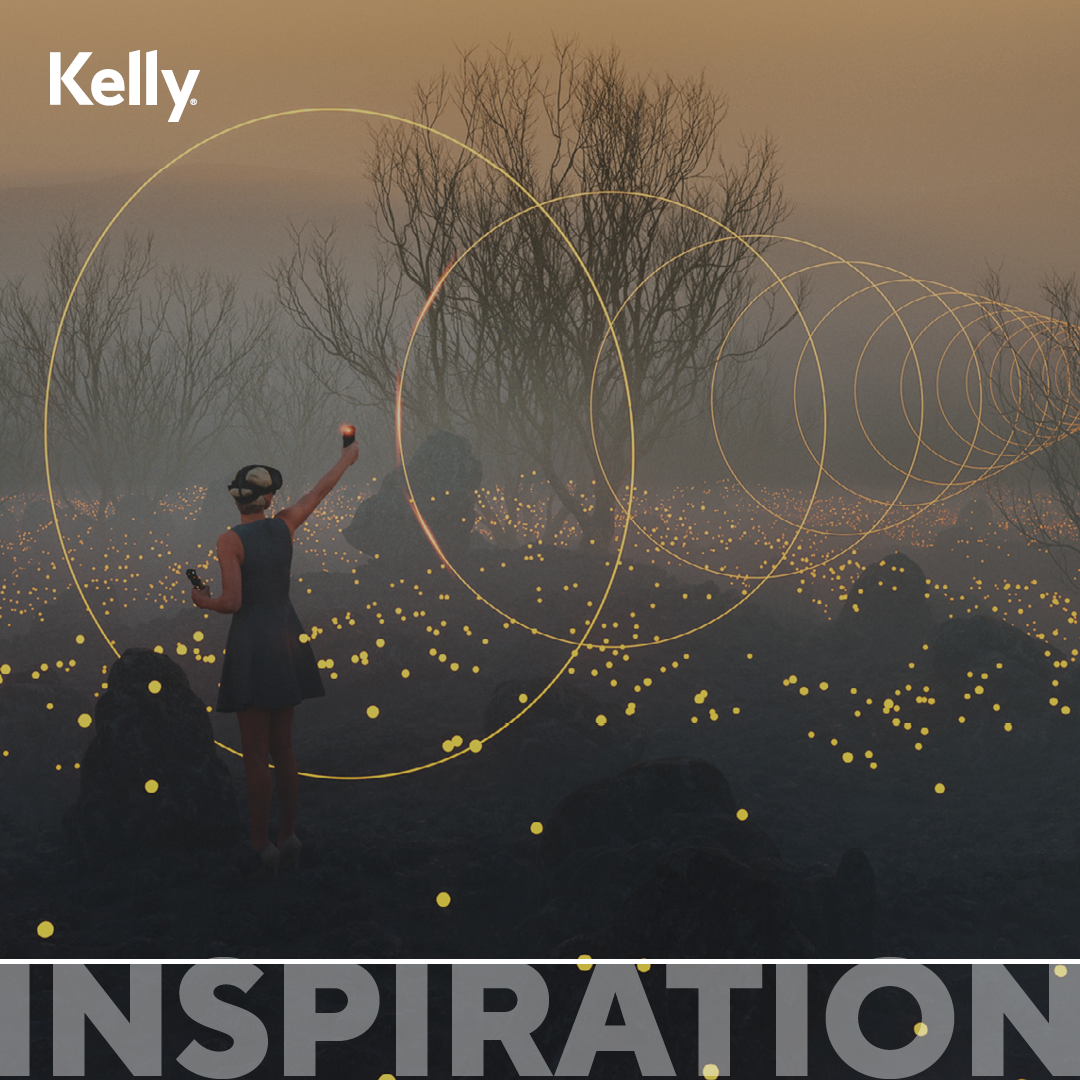
Les jours qui précèdent un entretien d’embauche important peuvent être passionnants, mais quelque peu éprouvants pour les nerfs (le responsable du recrutement) a déjà vu votre CV et connaît vos qualifications et votre expérience. Il s’agit donc maintenant de vous présenter comme un professionnel compétent et confiant, qui sera un atout pour l’entreprise. Bien sûr, être préparé représente la moitié de la bataille. Et bien qu’il soit impossible de prévoir exactement ce que (cette personne) vous demandera, il existe des questions d’entretien communes qui apparaissent dans presque toutes les procédures de candidature :
- Parlez-moi un peu de vous. L’examinateur a déjà votre CV, alors ne vous contentez pas de répéter votre parcours professionnel. Parlez brièvement de vos axes prioritaires, comment vos réalisations ont aidé vos employeurs précédents et quels sont vos objectifs actuels dans votre travail.
- Pourquoi voulez-vous travailler dans cette entreprise ? Le responsable veut savoir si vous avez fait des recherches sur l’entreprise et si vous vous intéressez vraiment au poste. Prenez le temps de vous plonger dans l’histoire de l’entreprise, sa mission et ses dernières nouvelles. Il est également conseillé de se pencher sur la situation actuelle du secteur car elle a généralement un impact sur les projets actuels de l’entreprise.
- Quelle est votre principale force et comment l’exploiter dans votre travail quotidien ? Il est essentiel de nommer un point fort lié au travail et de l’encadrer dans une histoire qui montre l’importance qu’il revêt pour votre performance. Par exemple, si vous travaillez dans le service à la clientèle et que vous avez de bonnes aptitudes relationnelles, expliquez comment vous aidez les clients mécontents à résoudre leurs problèmes pour les fidéliser à long terme.
- Quelle est votre plus grande faiblesse et comment la surmontez-vous ? N’hésitez pas à être honnête : énoncez votre plus grande faiblesse, qui n’aurait pas vraiment un impact essentiel sur l’entreprise. Par exemple, si vous passez un entretien pour un poste de développeur, vous pourriez dire que vous trouvez difficile de communiquer par courrier électronique, mais que vous vous efforcez actuellement de rédiger des messages courts et précis.
- Où vous voyez-vous dans cinq ans ? Selon le Bureau des statistiques du travail, la durée moyenne d’emploi des 25 - 34 ans était de 2,8 ans en 2018. Cependant, les employeurs investissent beaucoup de temps et d’argent dans l’intégration et la formation de leurs employés, aussi recherchent-ils du personnel qui restera dans l’entreprise. Expliquez comment vous souhaiteriez atteindre vos objectifs de carrière chez cet employeur et soulignez que vous souhaitez rester dans l’entreprise à long terme.
- Pourquoi êtes-vous le meilleur candidat pour ce poste ? C’est l’occasion de mettre en (évidence) vos qualités uniques et d’expliquer pourquoi votre futur employeur en bénéficiera. Réfléchissez à votre expérience, à vos compétences et à vos traits de personnalité, et expliquez comment vous comptez les utiliser pour faire progresser l’entreprise.
En passant en revue les questions d’entretien les plus courantes et en réfléchissant à la manière d’y répondre, vous serez au mieux préparé pour l’entretien. En effet, avec des réponses claires et précises, vous êtes sûr de faire bonne impression sur votre futur patron. Bonne chance !







